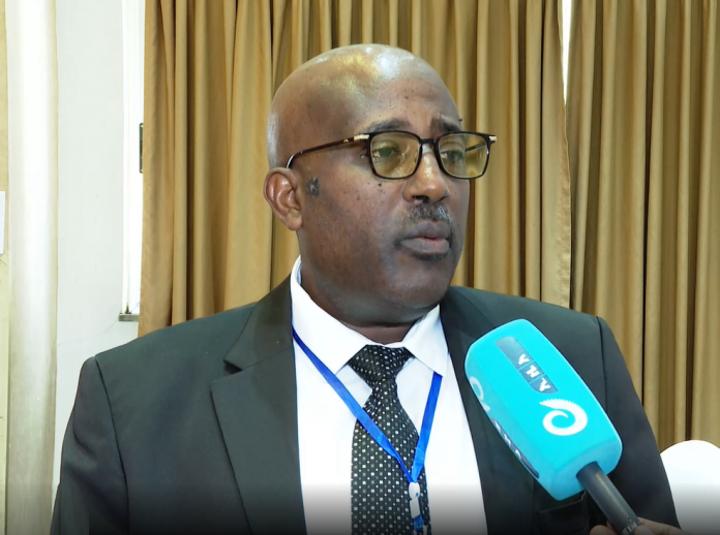Africa-Press – Ethiopia. As discharging waste water has a huge impact on human beings and the general health of the ecosystem, more emphasis should be given to waste water management in Ethiopia, scholars said.
A workshop aimed at creating a platform for scholars, sector participants, practitioners, experts and academia to highlight and share local and global experience on waste water management was held today.
Africa Centre of Excellence for Water Management (ACEWM) Adjunct Professor, Esayas Alemayehu, told ENA on the occasion that a recently conducted research has indicated there is high content of chemicals, pharmaceuticals, heavy metals, and persistent organic pollutants that can cause even cancer in the waste water released in Ethiopia’s cities.
He noted that discharging untreated waste water has a huge impact not only on human beings, but the whole health ecosystem in general.
Currently, more than 85-90 percent of domestic and industrial waste water is discharged to the natural habitat untreated, polluting resources and degrading the ecosystem, the professor stated.
According to him, if only 0.06 percent of the solid part is treated it can be reused again and again as a non-conventional water resource.
And ‘‘if we properly manage waste water, especially municipal water which is generated from domestic and industrial sources and commercial organizations, we can bring back huge amounts of fresh water back into the system,’’ he elaborated.
Waste water contains nutrients and even energy by producing bio-gas. Therefore, ‘‘discharging waste water without treating it means losing the nutrients.’’
Addis Ababa University Research and Technology Transfer Vice President, Mitike Molla said on her part that domestic and industrial waste water discharged into the natural habitat untreated pollutes resources and degrades the ecosystem.
‘‘With the current expansion of industries, uncontrolled use of chemicals like fertilizer and pesticides, municipal waste that will eventually contaminate lakes and rivers and also infiltrate the groundwater table are new challenges that affect the health of the communities and animals, including life underwater.’’
Water and Energy State Minister, Asfaw Dingamo said Ministry of Water and Energy (MoWE) is trying to implement internationally recognized waste water management systems in the country.
Mostly urban water supply and sanitation programs are under implementation, he added.
‘‘We do give due regard to waste water problem. Supported by the World Bank, we have started to implement water supply and sanitation programs in 23 towns across the country.’’
The state minister stated that the government is also implementing improved public latrines
Moreover, the ministry is implementing a waste water management system to treat waste water traditionally left to enter river streams, causing health and environmental hazards in most parts of the country.
The workshop held at Capital Hotel in Addis Ababa was organized by Africa Centre of Excellence for Water Management (ACEWM), Addis Ababa University, MoWE, UNICEF, USAID, and Ethiopian Urban Water Federation along with many other collaborative institutions.
For More News And Analysis About Ethiopia Follow Africa-Press






